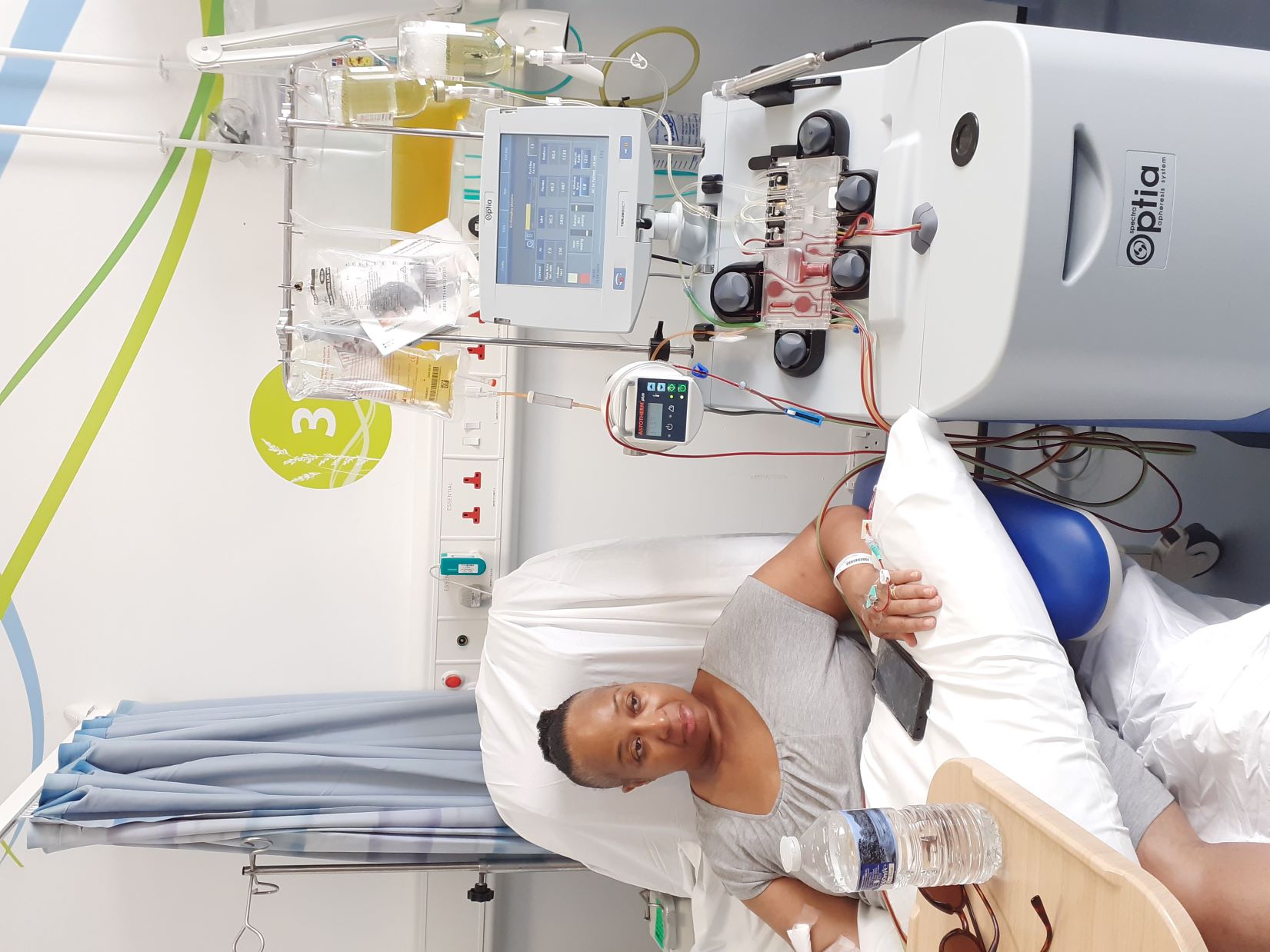Ban lifted on use of UK plasma to manufacture life-saving albumin treatments
 Leading scientists at the independent Commission on Human Medicines (CHM) have confirmed that albumin, a critically important medicine for the NHS, can now be safely derived from UK plasma donors.
Leading scientists at the independent Commission on Human Medicines (CHM) have confirmed that albumin, a critically important medicine for the NHS, can now be safely derived from UK plasma donors.
Human albumin (HA) treatments are made of plasma proteins from human blood. They are given to thousands of critically ill patients every year to replace blood loss from trauma such as severe burns or injuries, and those suffering from conditions such as liver disease or sepsis.
However, until recently, the use of UK-donated plasma to manufacture plasma-derived medicinal products has been banned, as a safety precaution against the spread of Creutzfeldt Jakob Disease (vCJD). The NHS instead relied exclusively on imported plasma-derived products, primarily from the USA.
In 2020, the ban on using UK-sourced plasma to manufacture immunoglobulins, another type of plasma-derived medicinal product, was lifted.
The MHRA can now confirm that, following further review of the evidence, the CHM has also recommended lifting the ban on treating patients with UK albumin.
Lorna's story
 Lorna Stephenson, aged 54, a married mum of five from Tyseley in southeast Birmingham, received albumin after myasthenia gravis, a rare, long-term condition that causes muscle weakness, left her in a coma.
Lorna Stephenson, aged 54, a married mum of five from Tyseley in southeast Birmingham, received albumin after myasthenia gravis, a rare, long-term condition that causes muscle weakness, left her in a coma.
Her own plasma, which contained antibodies that were attacking her own body, was removed. She received donor albumin to replace the vital albumin that she lost. Lorna now receives an albumin exchange every 12 weeks at NHS Blood and Transplant's specialist Therapeutic Apheresis Services unit in Birmingham
Lorna said:
"Albumin plasma exchanges saved my life when I was in a coma."
"I still receive them and they ease my illness though I still can't work as a beauty therapist again. I am not slurring my speech any more. I am able to do little things like comb my hair."
"I welcome the news that we can get albumin from UK donors. Without it, what would people like myself do?"
All organisations authorised to collect blood and blood components and manufacturers of plasma-derived medicines must continue to abide by the same robust safety standards and risk mitigation measures adopted for immunoglobulin manufacture such as the use of leucodepletion (filtering the white blood cells from donated blood to reduce the risk of adverse reactions), high-risk donor deferral and the ability to trace donations between donor and patient.
Every medicine in the UK is reviewed and evaluated by expert teams at the MHRA and CHM before they can be approved for UK use. Any medical products made from UK-derived plasma will be evaluated to the same criteria as those made from non-UK plasma.
NHS Blood and Transplant collects plasma in two ways: through its three dedicated plasma donor centres in Birmingham, Reading and Twickenham, and by recovering plasma from regular whole blood donations. The plasma from both sources can now be used to make albumin for the NHS.
Olivia's story
 Critical care nurse Olivia Price, 32, of Birmingham city centre, received an Albumin infusion during treatment for liver failure caused by the rare condition biliary atresia. Fluid was leaking from her veins and building up in her abdomen, a condition known as ascites, putting her at risk of more complications.
Critical care nurse Olivia Price, 32, of Birmingham city centre, received an Albumin infusion during treatment for liver failure caused by the rare condition biliary atresia. Fluid was leaking from her veins and building up in her abdomen, a condition known as ascites, putting her at risk of more complications.
More than four litres of fluid needed to be drained. Olivia received the albumin infusion to replace the albumin she had lost.
Olivia, who went on to receive a liver transplant in 2018, said:
"Ascites is caused by pressure building up in your portal vein between the liver and spleen. The build-up of pressure causes fluid to leak out of the portal vein into the abdominal cavity."
"Albumin prevents rapid re-accumulation of fluid in the abdominal cavity. It also improves circulation and renal function by increasing blood volume."
"So, albumin helped me through the complications of liver failure. It enabled me to go on to be well enough to have a liver transplant."
"I'm glad we can again use plasma from UK donors to make albumin. Plasma donors will be helping even more people with every gift."